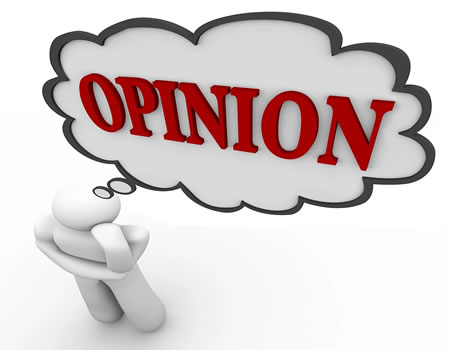LON October 1st 2022, Nigeria celebrated its Independence anniversary. The yearly civic ritual was performed in the usual patriotic pomp, pageantry and triumphalism. However, frustrated by the state of the country, the anarchy, squalor and retrogression that are the cachets of Nigeria, some Nigerians felt that there was really nothing to celebrate. As we celebrate, or refused to celebrate, the independence anniversary, we cannot help wondering about what is really wrong with Nigeria. Is Nigeria accursed or doomed? On October 1st 1960, the day Nigeria got Independence, Nigeria’s Prime Minister, Tafawa Belewa, concluded his speech with, “I open a new chapter in the history of Nigeria and of the Commonwealth, and indeed, of the world.” The chapter in history he figuratively opened on that exhilarating and historic day was to be extremely arduous and exacting.
For the emergent country he was to prime minister was not a nation. It was a welter of nations, tongues and cultures, welded together by Lord Lugard for “administrative convenience and financial sagacity” in furtherance of British colonial interests. It was a morass of competing and conflicting tribal and political interests, without any desideratum for nationhood, like unified sense of purpose, overarching heritage, article of faith, and social and political agglutinants. This heterogeneous artificial sovereignty was to be a union of understandable vulnerability; requiring cautious, meticulous and adroit handling. Secondly, Nigerian independence was precipitous; Nigerian political leaders were yet to imbibe the political skills and refinement, and attitudinal disposition for leading a democracy. Therefore, the new country was to be beset by complex and daunting problems. The soldiers should have allowed the political leaders to sort out these political problems over time. Unfortunately, the soldiers, driven by their ill-digested dosage of socialist doctrine, and misplaced messianic impulse, struck.
The brutality and bloodletting that attended military intervention in politics brutalised the national psyche and ushered in a culture of violence; Nigeria lost its innocence. Subsequently, a continuum of military rulers literally ruined the country. They brought about a moral and ethical collapse of the Nigerian society. We became irredeemably selfish, insatiably greedy, incurably dishonest and pitilessly violent. And the country degenerated into a honeycomb of crooks, thieves, liars, ritual killers, bandits, terrorists – just a menagerie – where anarchy reigns supreme and every institution malfunctions. Consequently, a country stupendous endowed by nature and slated by Providence to play pivotal regional, continental, and even, global roles, became an international laughing stock. At 62, it remains an artificial sovereignty, without a national consensus and unifying theme. It remains a somnolent, bumbling, blundering behemoth. It wobbles perilously under the stranglehold of a retrograde, ruthless, rapacious oligarchy – an abnormal outgrowth of the military dictatorship – that is stealing, frittering and mismanaging its oil wealth; and acquiescing to terrorism and banditry, cheapening human life, and deepening and widening mass poverty.
The problem of Nigeria “is simply a problem of leadership.” The solution to our problems lies in electing responsible and committed leaders, not beholden to this evil oligarchy. There are extensive writings on the qualities of good leaders. Some of them focus on physical attributes: tall, confident, etc. Others focused on qualities, like knowledge, courage and intelligence; and others, on moral character, for example, discipline, self-control, and chastity. For the 2023 presidential elections, we lack the luxury of theorizing, hypothesizing and speculating on the looks, qualities and attributes of good leaders. We will choose the next Nigerian president from the three major presidential contenders based on known and verifiable facts about them.
The candidates of the two major parties are part of the oligarchy. Fortunately, there is a refreshing alternative to these two men, Peter Obi. He has demonstrated his incorruptibility, financial honesty, fiscal discipline, competence and commitment to public service. He was a two-term governor that left office, not trailed by any scandal or question from the Economic and Financial Crimes Commission (EFCC). He is the only former governor that refused to be paid a pension. For the good of the country, Nigerians must elect this honorable and distinguished public servant president in the 2023 presidential election. His presidency will break the grip of the evil oligarchy on the country, and end their piratical depredation of the country, and bring about the rule of law (which will invariably address corruption, insecurity, etc.), prosperity, social justice and an equitable distribution of the national wealth. It will nudge Nigeria towards a renaissance and herald her joining the ranks of the civilized and prosperous nations of the world. Then, it will crystallize to us that Nigeria is neither accursed nor doomed, but was, for long, a victim of bad leadership.
- Ezukanma writes from Lagos via maciln18@yahoo.com
ALSO READ FROM NIGERIAN TRIBUNE






